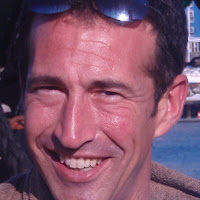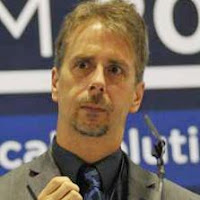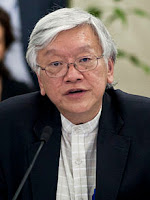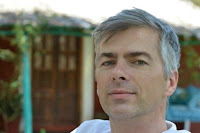Nixon, Reagan and Trump is the Russia Scandal anything new?

I am, like I am sure many others, both exhausted by the Trump Presidency and absorbed by it. It is like it is a really bad reality show. Every day when I go to the gym I catch up on the latest developments on the Muslim ban, President Obama wiretapping, the health care debacle, being invaded by aliens from the planet Zargon and of course the Russian scandal. In one of my quieter moments I reflected that the issue of a Presidential candidate having meetings with people from other countries abroad -- isn't something new. There is of course Richard Nixon 'Tricky Dicky' as many of us affectionately knew him, creator of the EPA, the Council for Environment Quality in the White House. He was also the President who signed the clean water and air acts and tried to have UNEP HQ in Washington. But in the 1968 Presidential election he persuaded the South Vietnamese to cancel the Peace Conference in Paris because it might help his Democratic rival Vice President Hubert ...




